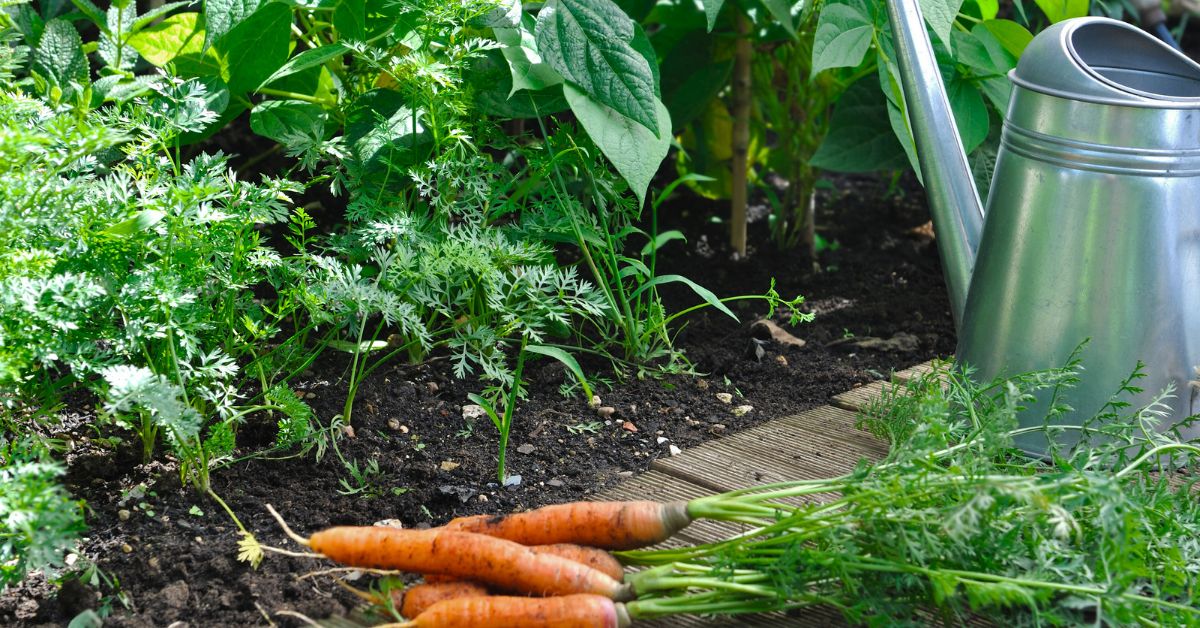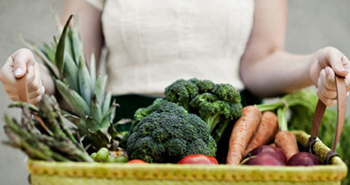We already know gardens are good for our health: growing your healthy food, spending time in nature, and getting some exercise, to name just a few benefits. But did you know gardening is good for the environment?
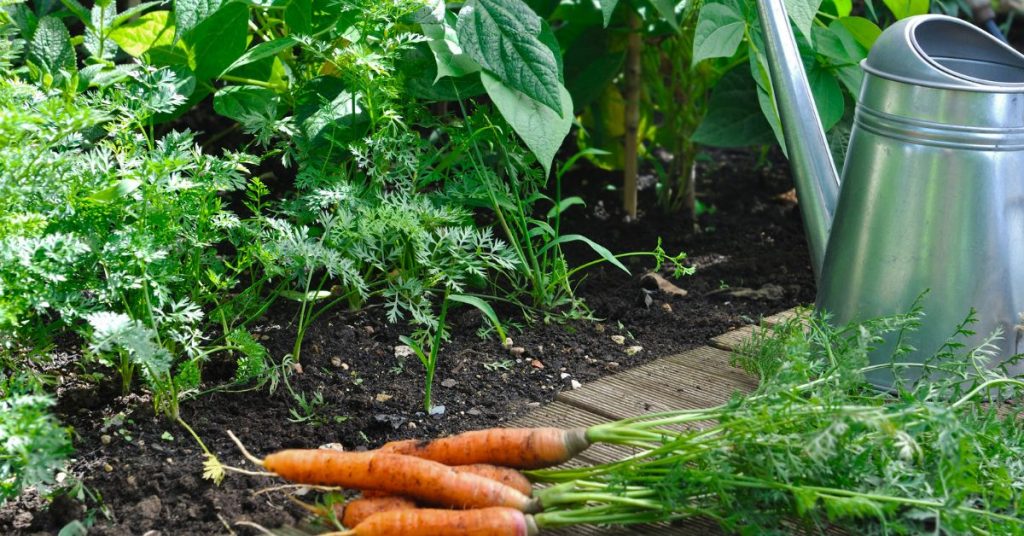
We’ve come up with eight great reasons to plant a garden for the environment:
Gardens improve air quality.
You probably already know that plants absorb carbon dioxide from the air, and release oxygen. But they also absorb bacteria and other pollutants from the air, making the air in your cleaner and better for you and your neighbors.
Gardens improve soil health.
The roots of some plants can filter harmful chemicals and heavy metals from polluted soils. And in the garden, when you leave the roots from harvested plants, they feed the beneficial microbes in the soil. They turn those old roots into fertile soil for your future plants.
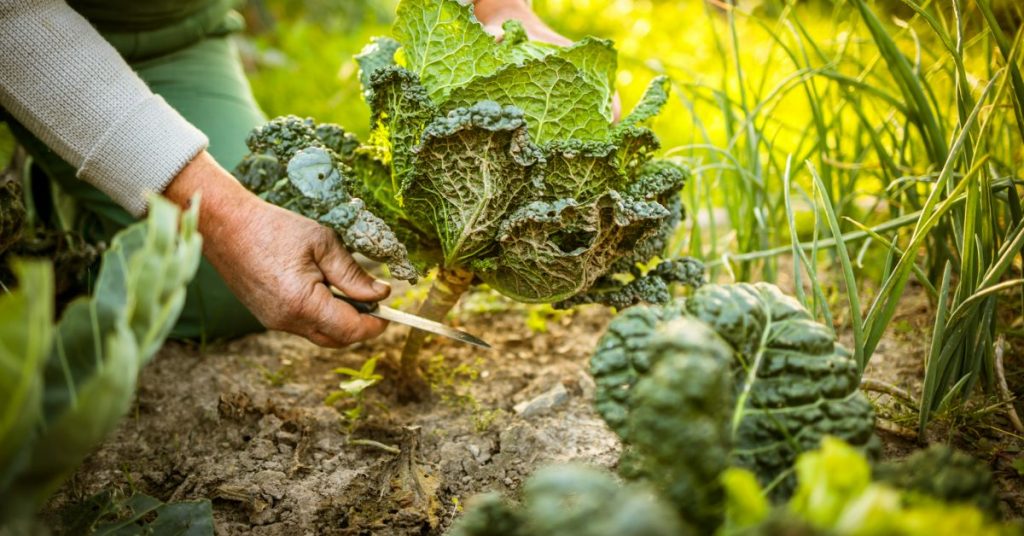
Gardens reduce greenhouse gases.
As part of photosynthesis, plants absorb carbon dioxide. They use that carbon to grow stems and leaves, and roots and fruits. That carbon is ‘stored’ in these plants, and when we garden responsibly, it stays there. This is especially important when that carbon is stored in the roots. In addition to feeding the plant while it’s alive, once the plant has been harvested, these roots become organic matter that feeds the microorganisms that live in soil. This process can actually store a great deal of carbon when the soil is properly managed.
Gardens protect wildlife and pollinators.
A healthy garden is one that provides food and shelter for a wide range of beneficial insects and wildlife. Many beneficial insects lay their eggs on leaves or in the soil, while birds and reptiles use the garden for shelter.
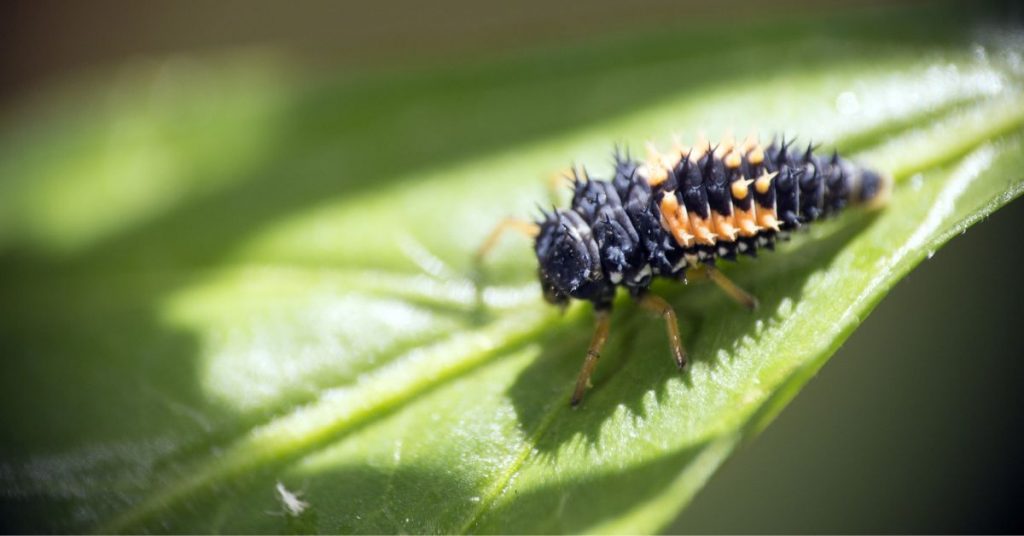
Growing your own food lowers your carbon footprint.
In addition to the benefits of storing carbon and improving soil and air quality, growing your own food reduces the amount of food you need to purchase. Many of these are grown using destructive agricultural practices, and then shipped long distances, racking up a hefty carbon cost. Also, by growing them organically, you won’t be buying chemical fertilizers and pesticides, reducing their negative impacts on the environment.
Gardens can reduce your cooling costs.
Planting trees and other plants near your home can create shade which will help keep it coolers during hot weather.
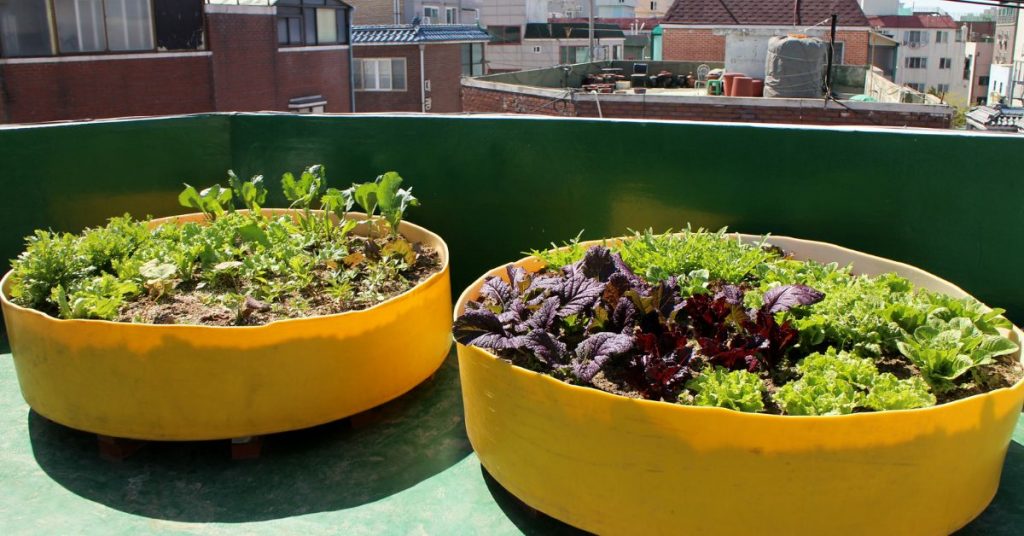
Gardens reduce heat islands.
During summer, buildings, pavement and other human-built structures reflect the sun’s heat back into the local environment, creating dangerous heat islands. Plants can help mitigate this. Living roofs and walls on buildings are one way to reduce the surrounding temperature, but can be expensive to install on a grand scale. Instead, small rooftop gardens, balcony gardens, and sidewalk gardens can work together to create green patches that will add up to a big difference in city-wide temperature.
Rain gardens protect waterways.
Plant roots provide soil stability, reducing how much soil gets washed away in heavy rains. But they also help store water in the soil, as it moves slowly through the roots and organic materials in the soil. This process also filters out many chemicals that are harmful to streams and the plants and animals that live in them.
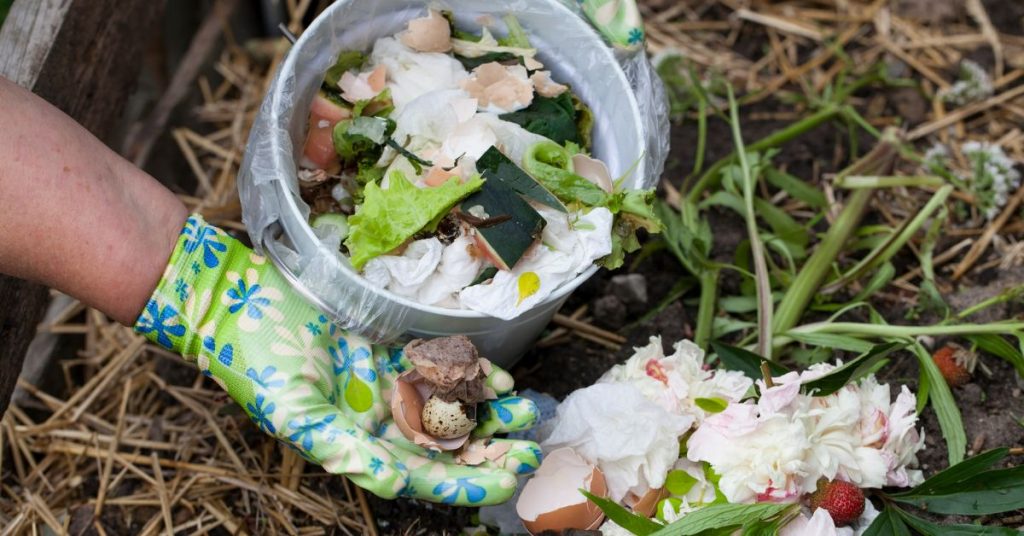
And a bonus:
Composting slows climate change.
Composting at home is a great way to get free fertilizer for your garden. But it also helps prevent food scraps and yard waste from going into landfill, where they emit methane as they break down inorganically. (Methane is a dangerous greenhouse gas that is is more than 25 times as potent as carbon dioxide at trapping heat in the atmosphere.) Healthy compost systems break down the plant matter organically, which doesn’t give off methane, and instead traps carbon dioxide in the soil when you add it to your garden.

